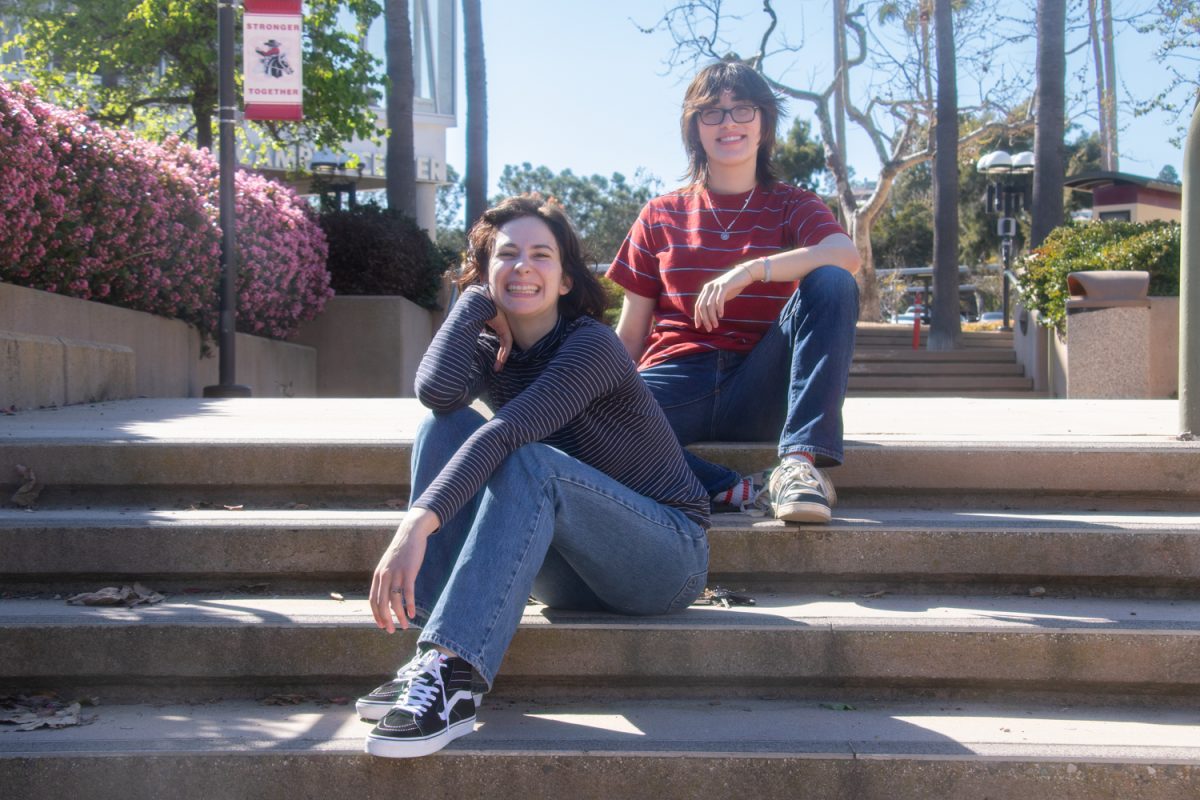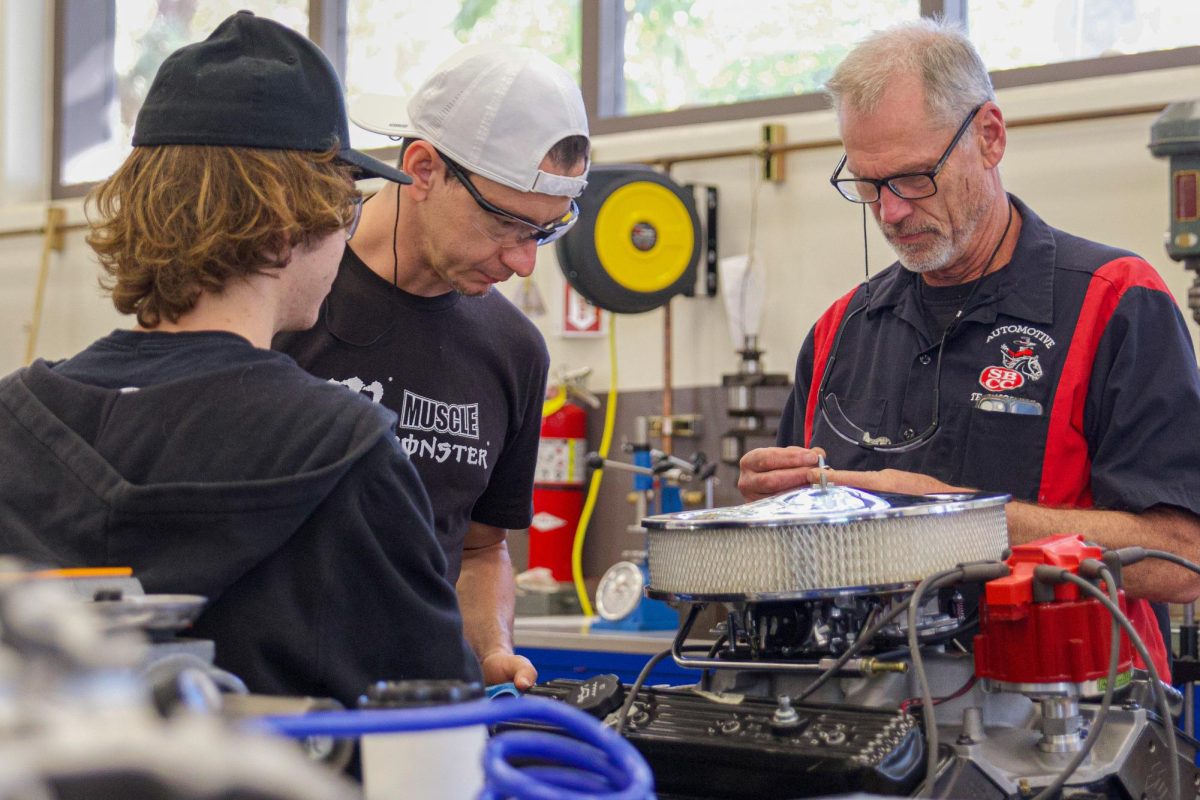At City College, there are a plethora of opportunities for students to help with their success in their path to graduation and potentially transferring to a four-year university. One unique program offered is the honors program.
Over 50 community colleges offer an honors program, while others offer a loose version that requires a special contract between students and faculty in which students do extra work for their classes to qualify as “honors.”
“The difference is that we are one of the few schools that offer an honors certificate that is officially recognized by California,” said Marc Bobro, head of City College’s honors program, in an email. “This looks great on a student’s transcript and permanent record.”
What sets this program apart from others is that there are classes dedicated to honors-only students, and those who are in this set of classes get the certificate upon graduating. Participating in the program gives students a better foot in the door when it comes to transferring to four-year universities.
“Schools like UCLA and UCI offer priority admission consideration for students who complete the honors certificate at SBCC,” Bobro said.
City College is a member of the Honors Transfer Council. This council holds agreements with six CSUs and several other four-year universities in California.
“Some agreements are for priority consideration to the university, others are agreements from our honors program to theirs,” Bobros said.
It is recommended by Bobro that students should write about their experience and involvement in the program when answering personal insight questions on university applications.
To qualify for the program, students must have a 3.2 GPA by the fall of their high school senior year and maintain that GPA through the spring semester of that year. Continuing or transferring students at City College must complete 12 college credits and maintain a 3.2 GPA to be granted admission.
One highlighted resource open to students are “pods.” These are mini-communities arranged around particular interests and encourage students to bond and get to know each other. These range from art-making classes, beach trips, hikes, field trips to the zoo, and many other interests. Each of these “pods” is facilitated by the honors co-presidents.
“Because community colleges are largely commuter schools, it can be challenging to become part of a community at a community college, ironically enough,” Bobro said. “The honors program emphasizes community that is rewarding not only on an academic and intellectual level but also socially.”
These “pods” offer opportunities for students to become well acquainted with their peers through fun activities and events.
Beyond pods, field trips are a great opportunity for students in the program. With trips to museums and conferences, students get to have deeper experiences with their major or classes.
“Last year, we held the inaugural SBCC Sustainability Festival, and we plan to hold it again this year in early May. Local vendors, music, and food are featured,” Bobro said.
Every year, the program holds a theme chosen to cover the many issues, events and disciples within the program. Yet, the theme remains specific enough to ensure that each year is unique. Chosen by students and co-presidents, the theme of this year’s program is “Ethics and Inclusivity,” with last year’s theme being “Community, Citizenship, and Stewardship.”
“The theme weaves through most, if not all, of the honors classes students will take throughout the year, with each honors professor proposing their own take on the topic”, Bobro said. “In this way, honors courses contribute breadth to students’ majors in both humanities and sciences; they show connections and interrelationships between disciplines”.
Students in the honors program have access to many opportunities for boosting their academic careers and are given the resources to thrive at a four-year university.








